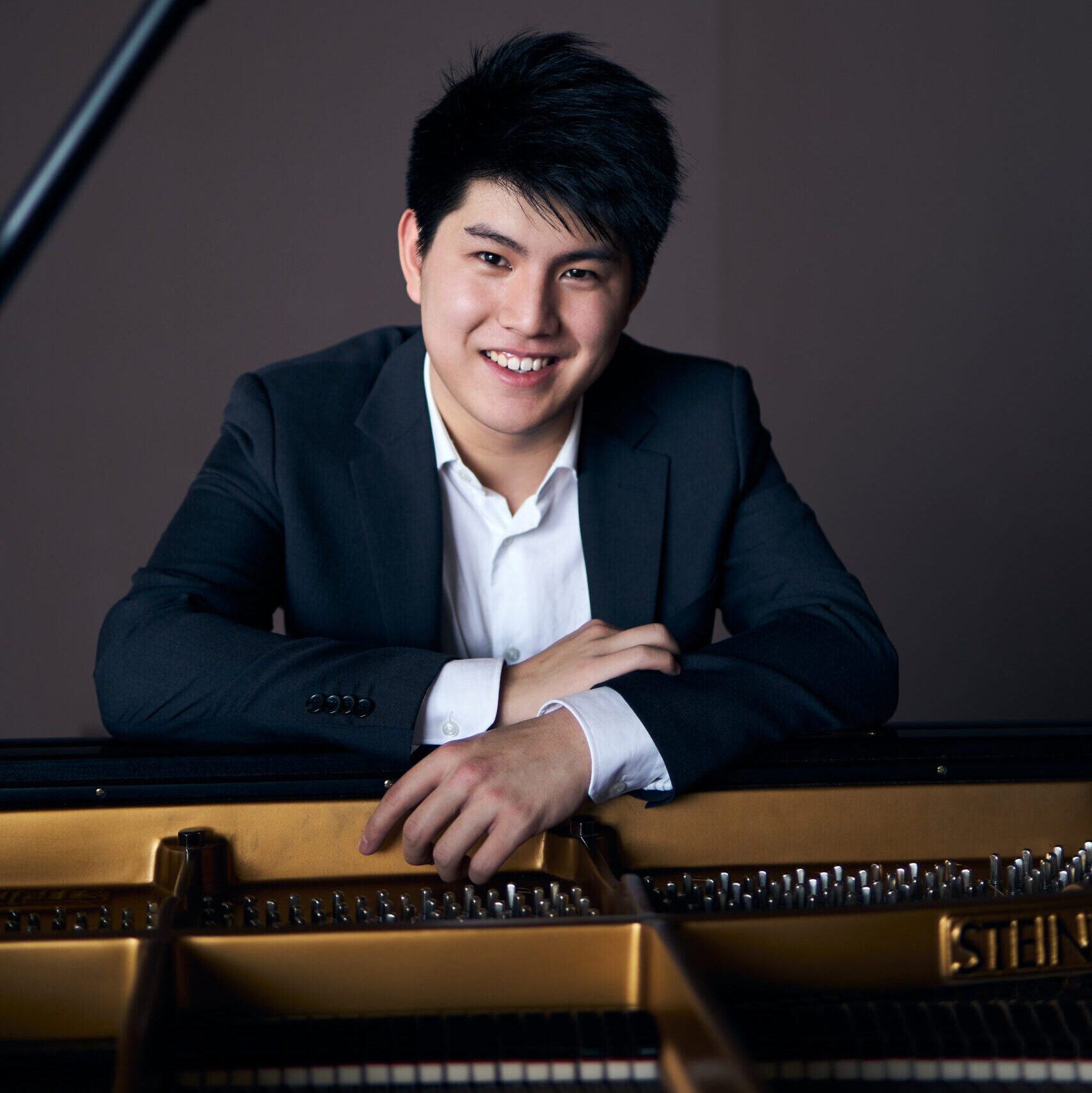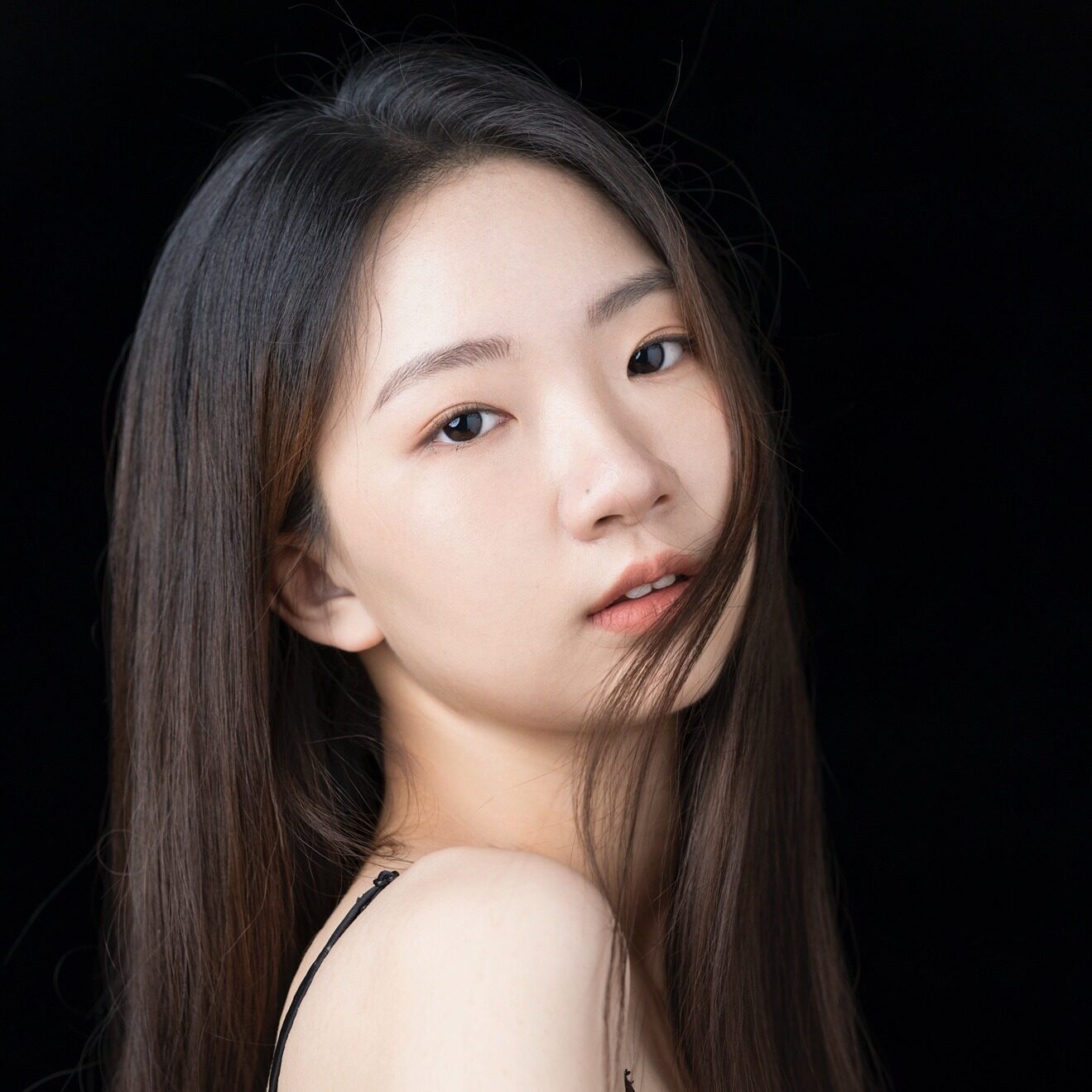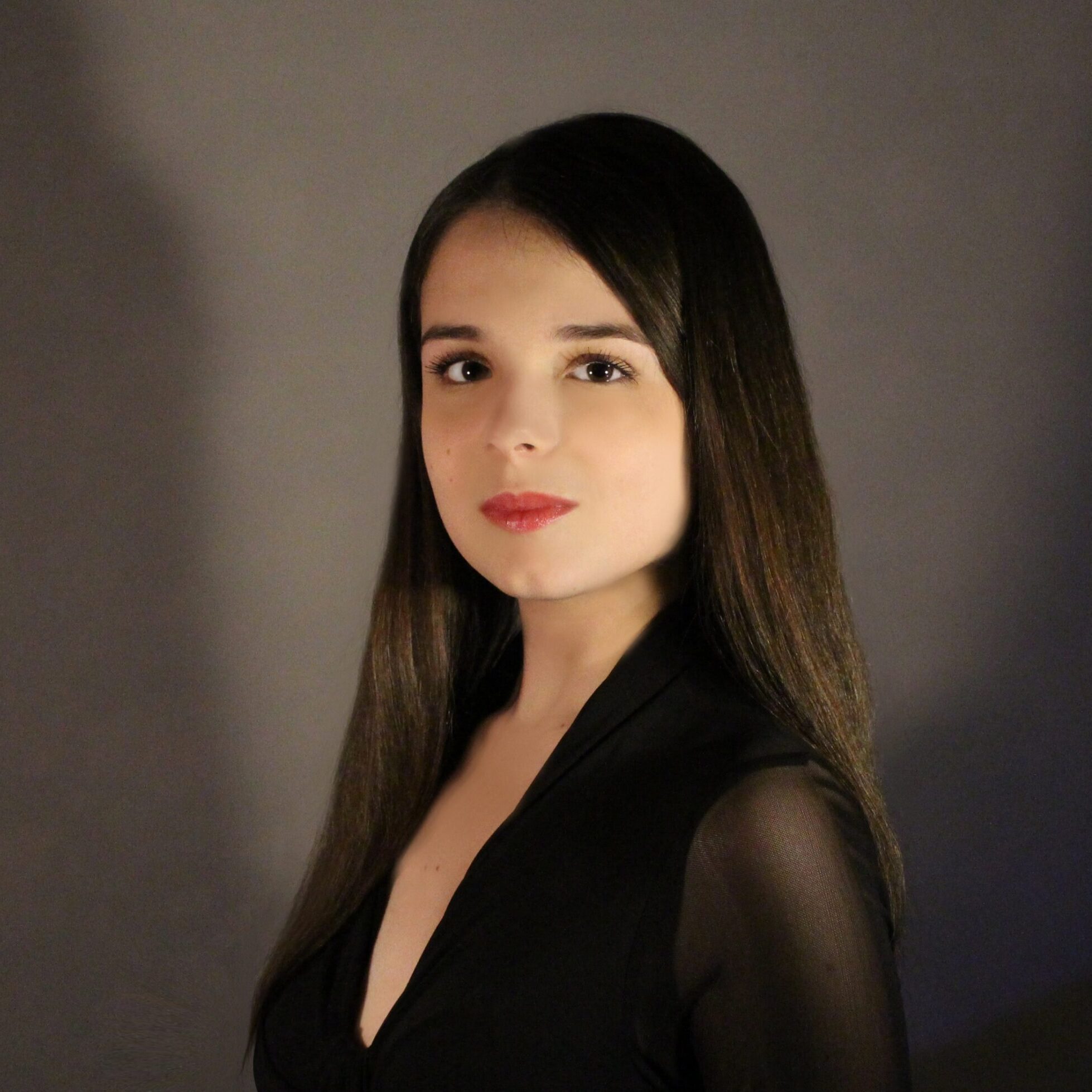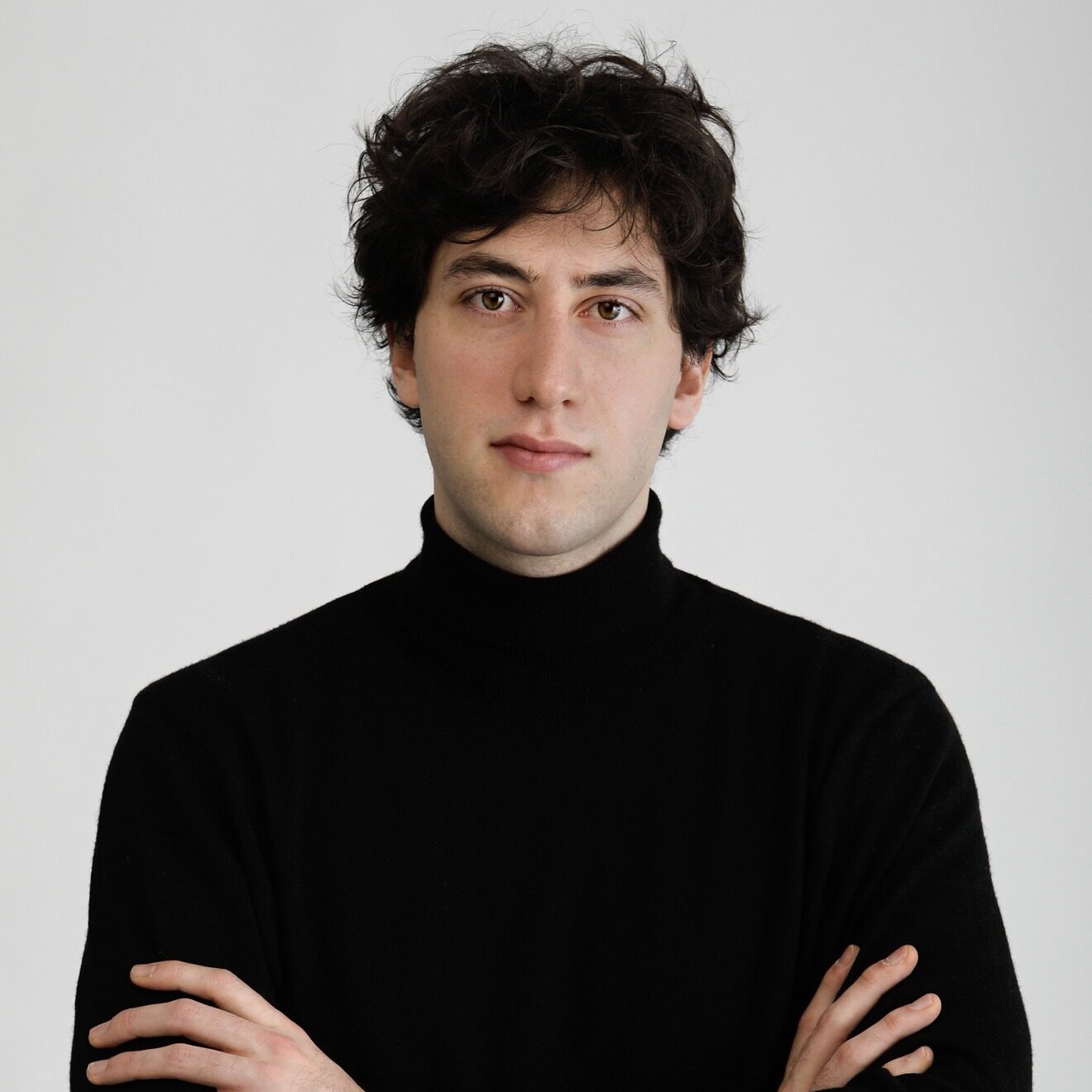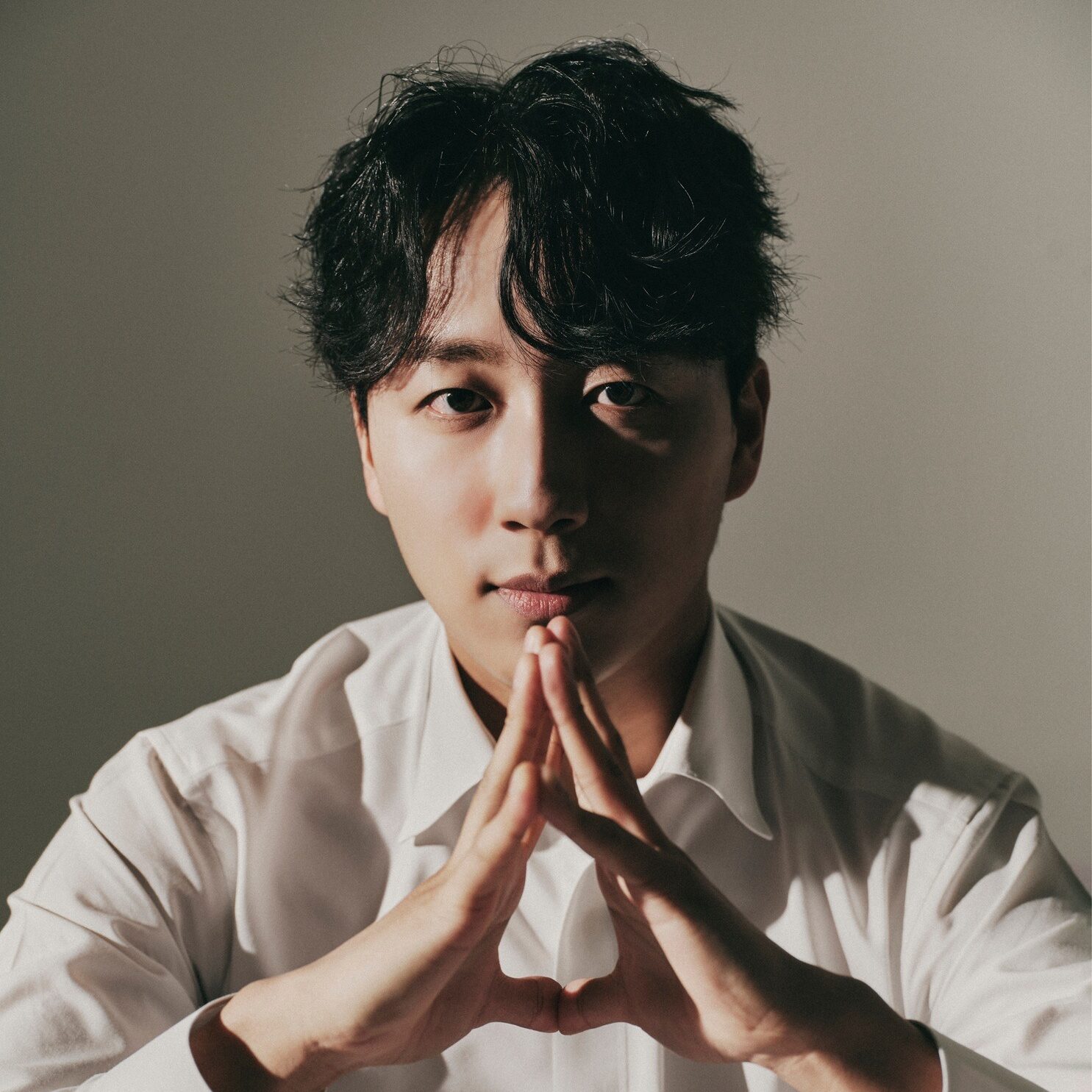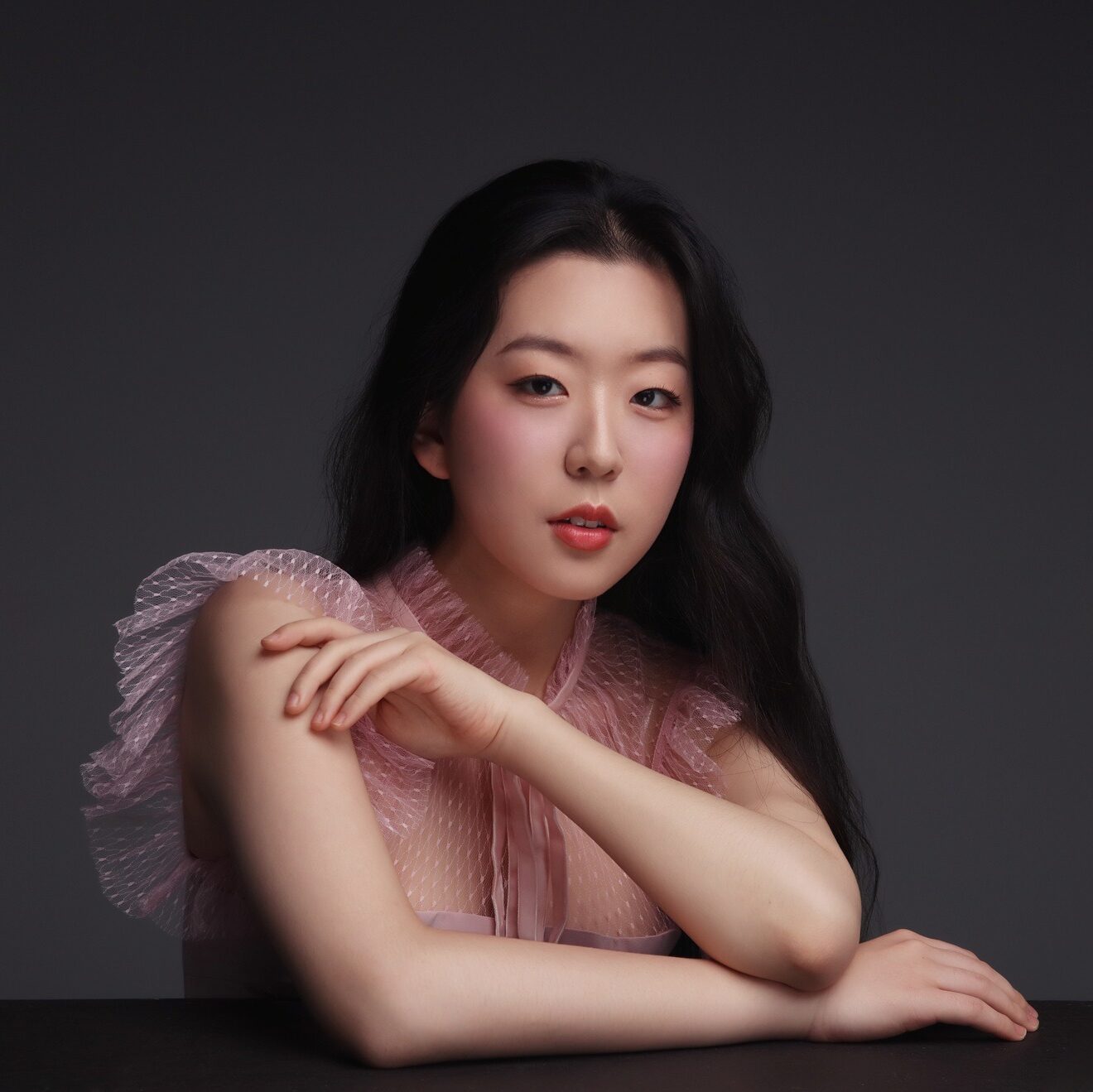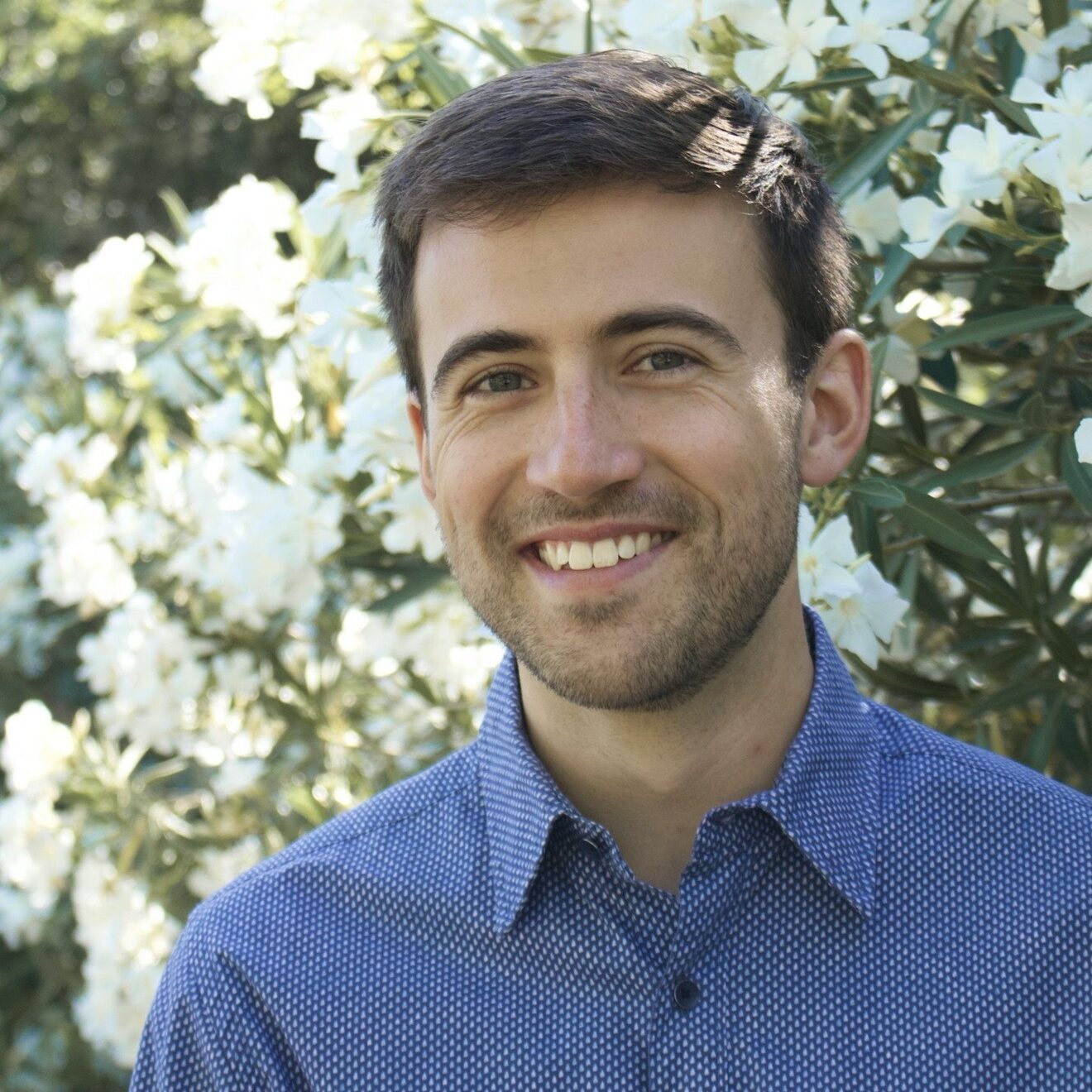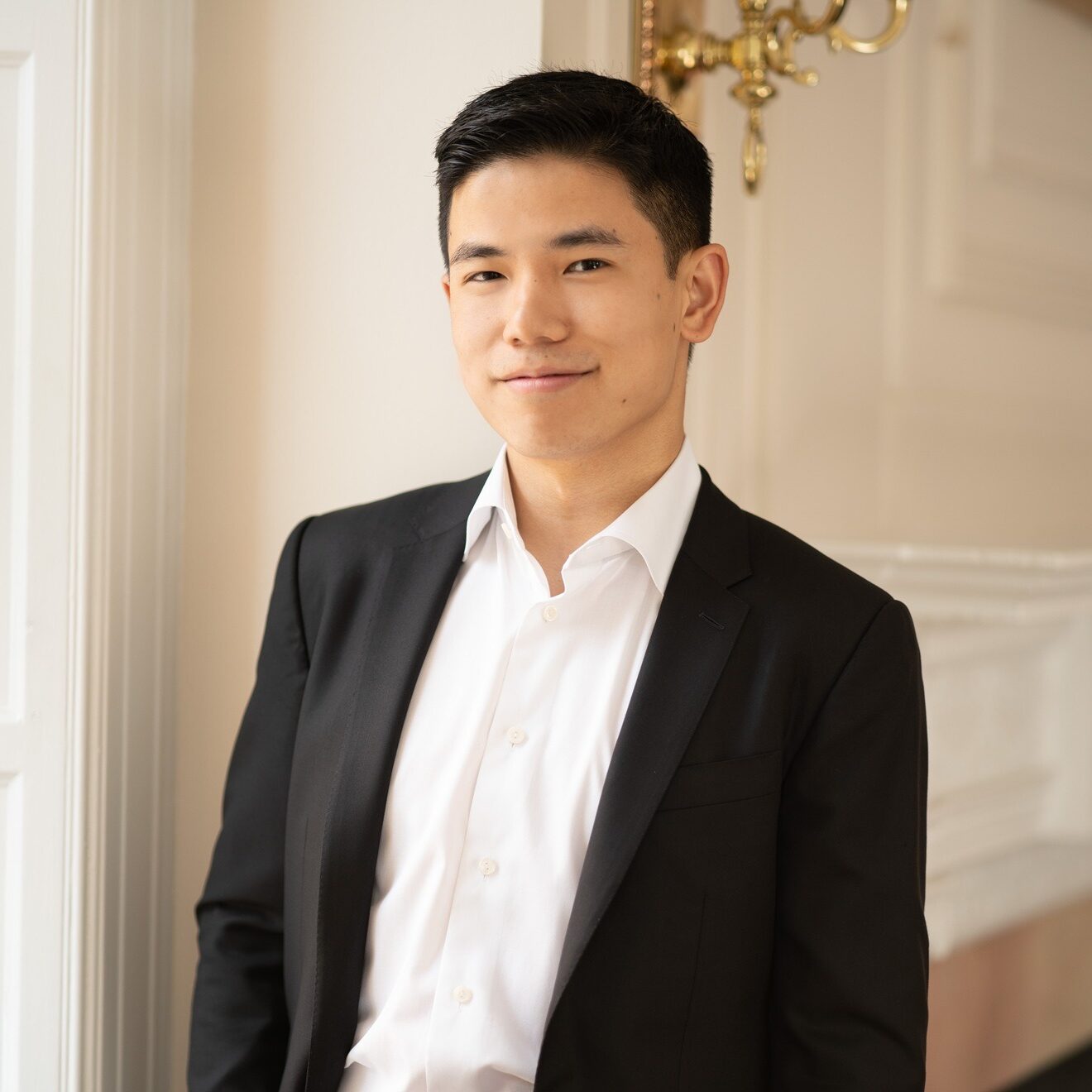
Zhu Wang, China

Praised as “especially impressive” and “a thoughtful, sensitive performer” who “balanced lyrical warmth and crisp clarity” (The New York Times), pianist Zhu Wang is a rising artist whose performances have earned acclaim for their depth and elegance. He was awarded First Prize at the 2020 Young Concert Artists Susan Wadsworth International Auditions and won the Gold Medal at the 2024 New Orleans International Piano Competition. He is also a laureate of the 2024 Cleveland International Piano Competition and a finalist of the 2019 Clara Haskil International Piano Competition. The legendary pianist Fou Ts’ong described him as an “excellent pianist with a natural sense of harmony and imagination.”
Recent engagements include performances with the Orchestra of St. Luke’s and the New York Youth Symphony at Carnegie Hall’s Stern Auditorium, as well as appearances with the Columbus, Kansas City, Spokane, Memphis, and Richmond Symphony Orchestras. He also gave a solo recital at the Hilton Head International Piano Competition.
Zhu has appeared in recital at venues such as the Kennedy Center’s Terrace Theater, Carnegie Hall’s Zankel Hall (featured in The New York Times’s “Best of Classical Music 2021”), The Morgan Library & Museum, Dumbarton Oaks, Southampton Rising Stars, Buffalo Chamber Music Society, Salon de Virtuosi, and the Hayden’s Ferry Chamber Music Series.
Born in Hunan Province, China, Zhu began piano studies at the age of 5, inspired by his grandfather’s love of music. He is a graduate of the Curtis Institute of Music and The Juilliard School, where he received the Gina Bachauer Scholarship, Mieczysław Munz Scholarship, and Mehlin Prize. He is currently pursuing his Master’s degree at Juilliard under the guidance of Emanuel Ax and Robert McDonald. He gratefully acknowledges support from the Bagby Foundation for the Musical Arts and resides in New York City with his wife, Chloe, and their two cats, Chaz and Tùzi.
First Round
- Domenico Scarlatti: Sonata in G Major, K. 13
- Domenico Scarlatti: Sonata in D Major, K. 29
- Ludwig van Beethoven: Sonata No. 31 in A-flat Major, Op. 110
- Moderato cantabile molto espressivo
- Allegro molto
- Adagio ma non troppo—Fuga: Allegro ma non troppo
- Claude Debussy: Étude No. 8, “Pour les agréments,” L. 136
- Sergei Rachmaninoff: Étude-Tableau in c minor, Op. 39, No. 1, “The Sea”
- Fritz Kreisler (transcribed Rachmaninoff): “Liebesfreud” (“Love’s Joy”)
Quarterfinal Round
- Wolfgang Amadeus Mozart: Sonata No. 12 in F Major, K. 332
- Allegro
- Adagio
- Allegro assai
- Robert Schumann: Humoreske in B-flat Major, Op. 20
- Olga Kern: Status Animae (State of Soul)—Two Pieces for Solo Piano
- Meditation
- Rhythm Obsession
- Béla Bartók: Piano Sonata, BB. 88, Sz. 80
- Allegro moderato
- Sostenuto e pesante
- Allegro molto
Semifinal Round—Chamber Music
- Johannes Brahms: Piano Quintet in f minor, Op. 34
- Allegro non troppo
- Andante, un poco adagio
- Scherzo: Allegro
- Finale: Poco sostenuto—Allegro non troppo—Presto, non troppo
Final Round
- Sergei Rachmaninoff: Piano Concerto No. 3 in d minor, Op. 30
- Allegro ma non tanto
- Intermezzo: Adagio
- Finale: Alla breve
2025 Participants
Meet the People!
Recognizing the Board of Directors, distinguished jury, guest artists, competitors, finalists, and more.


